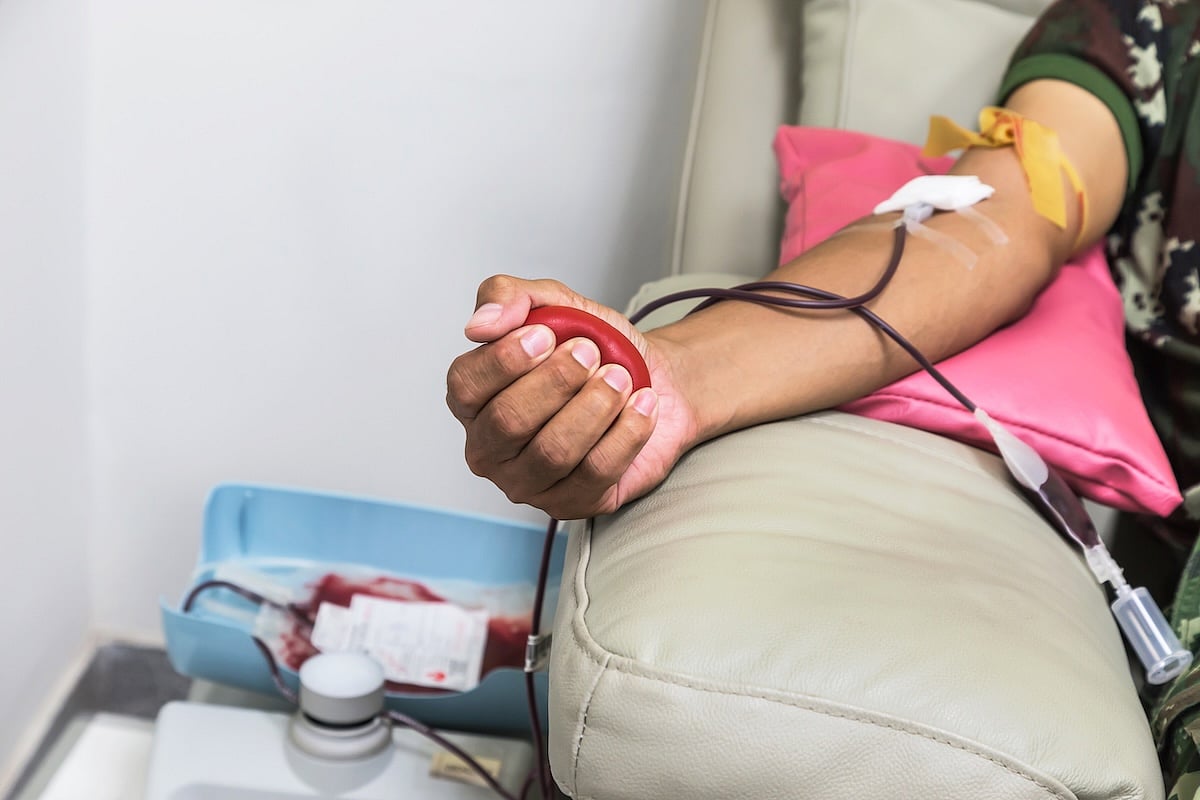
Your morning cup of coffee might harm the quality of a blood donation provided later in the day, a new study says. Caffeine appears to impair donated blood in ways that reduce the effectiveness of future transfusions, researchers report in the journal Haemotologica. Specifically, they found that red blood cells are more prone to damage… read on > read on >










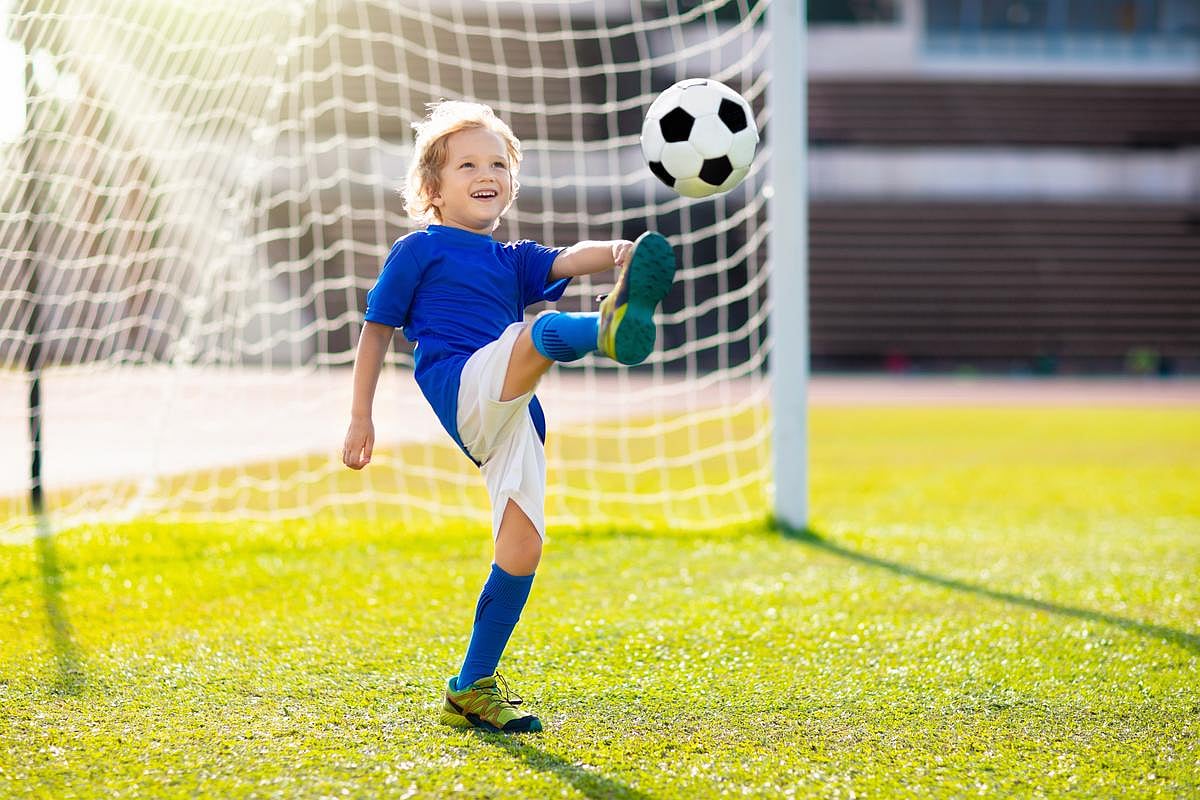
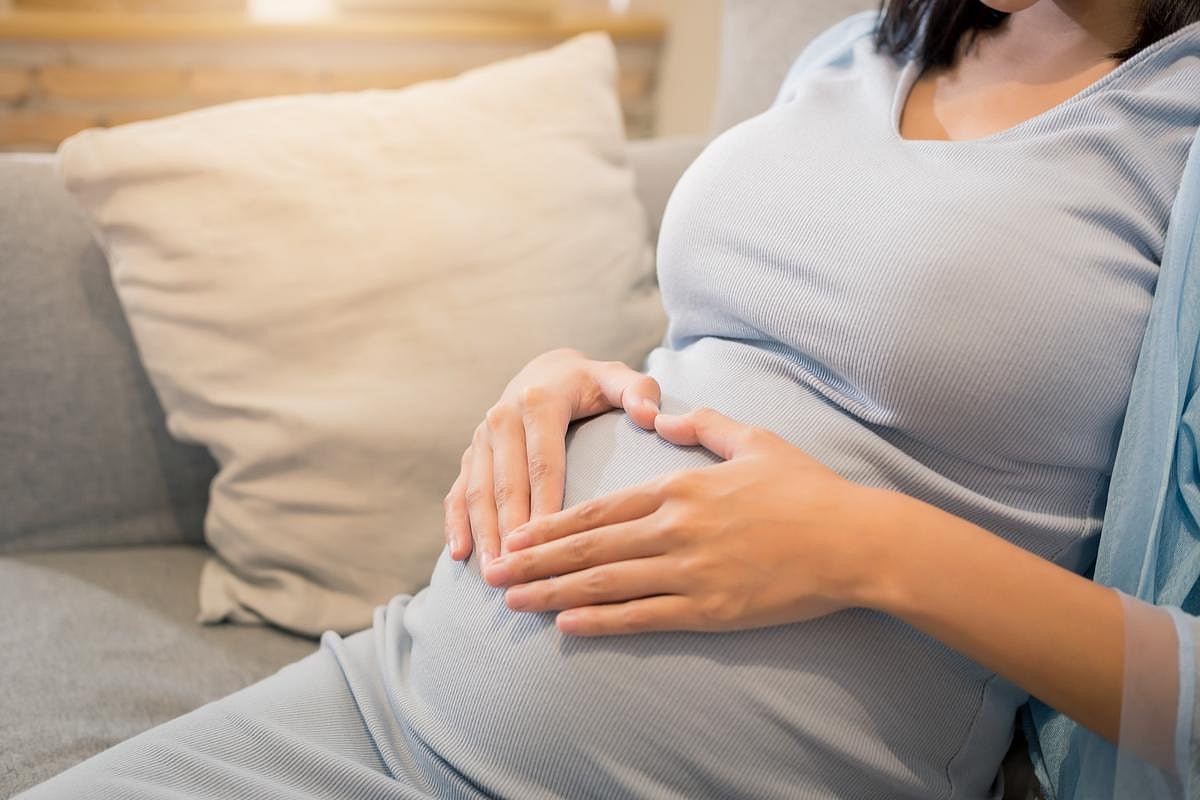
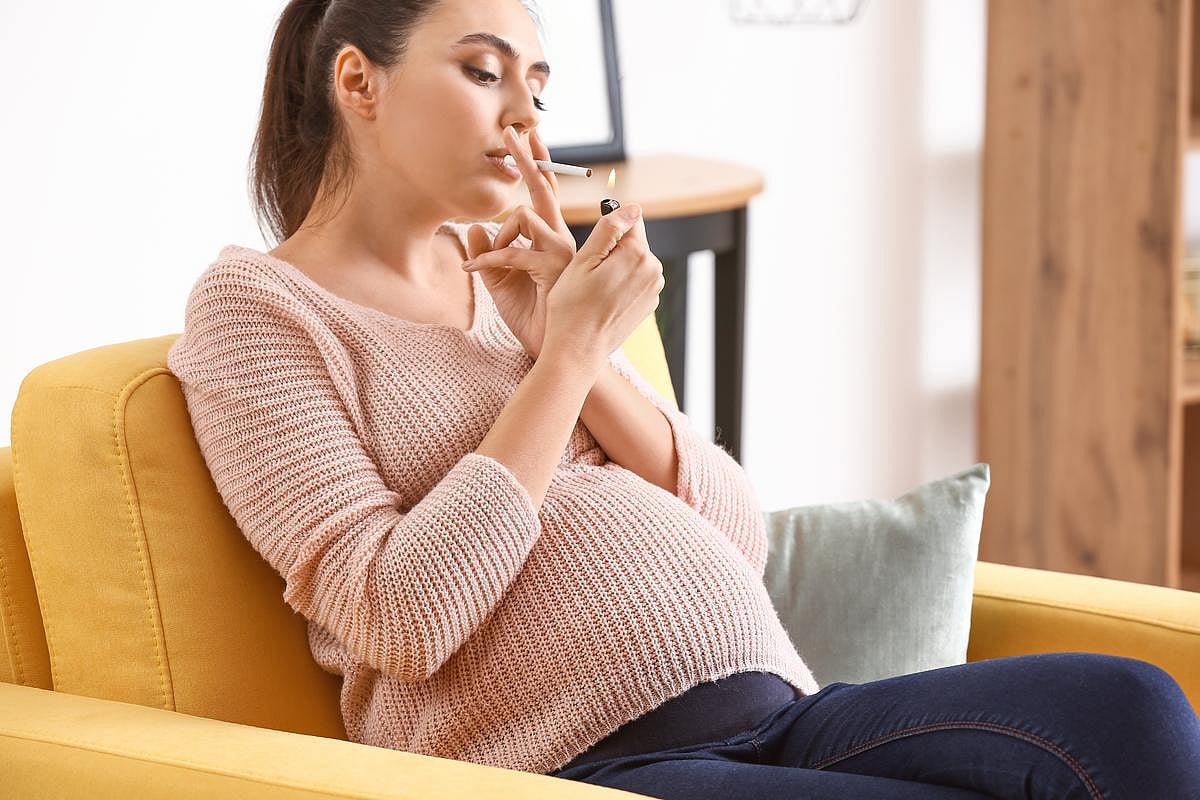


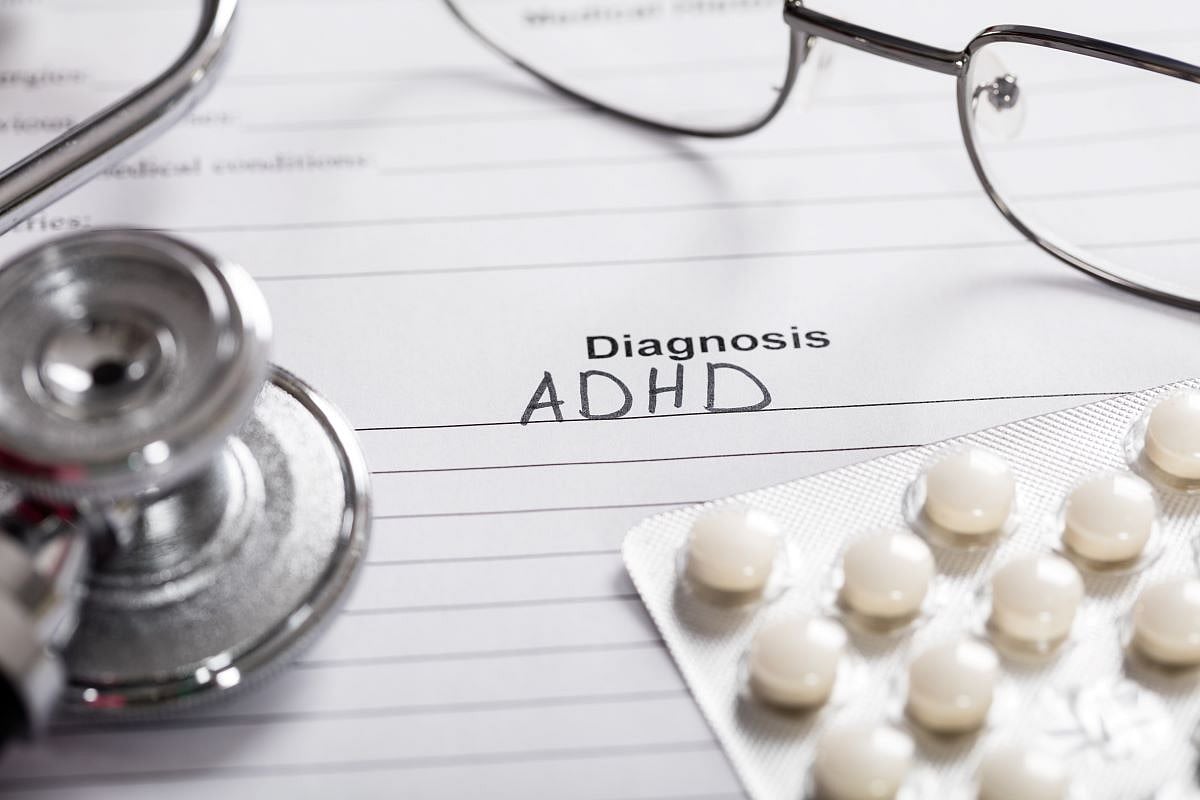

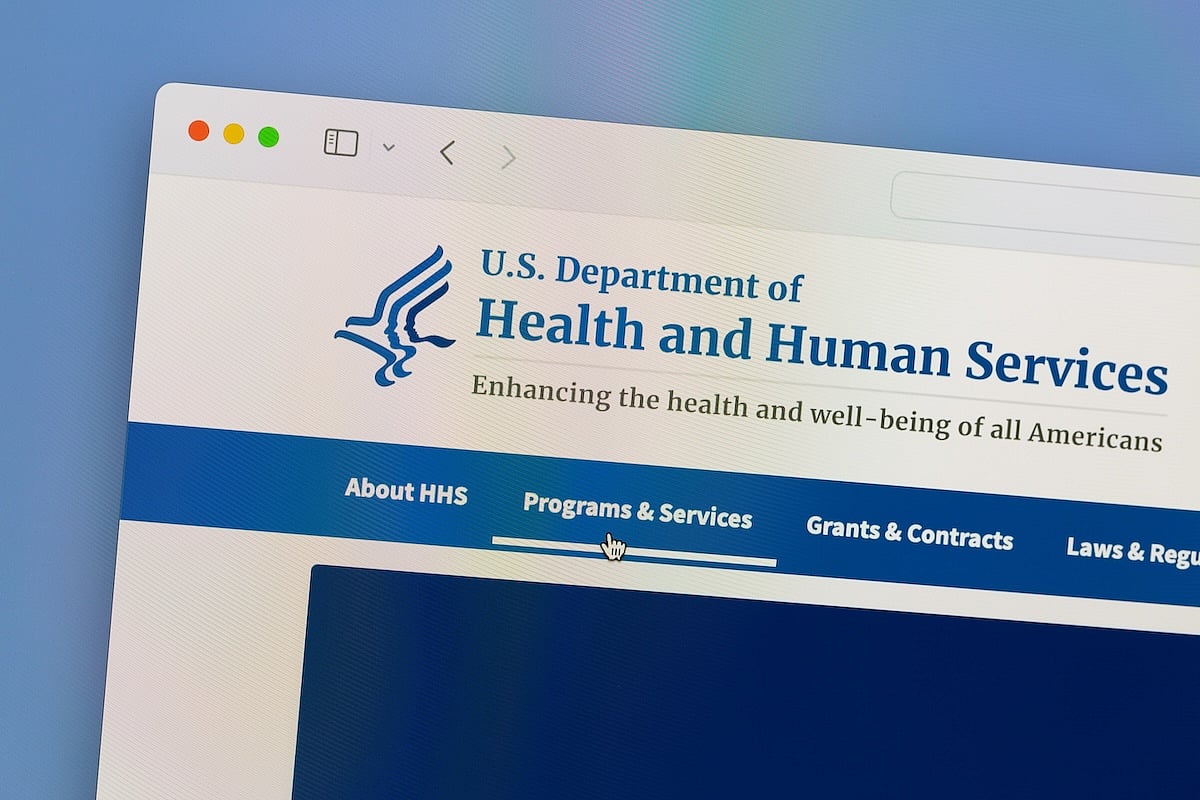












-300x200.jpeg)